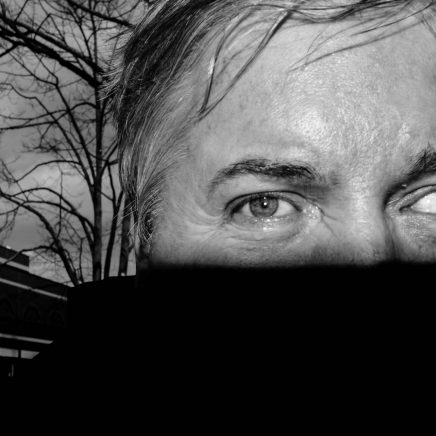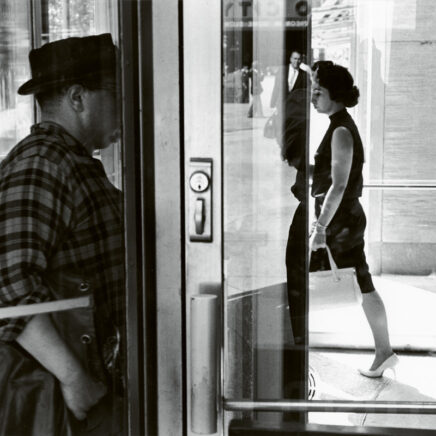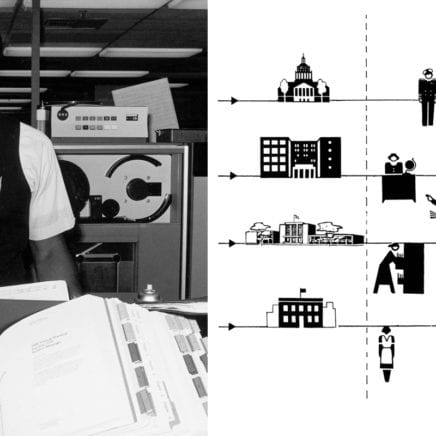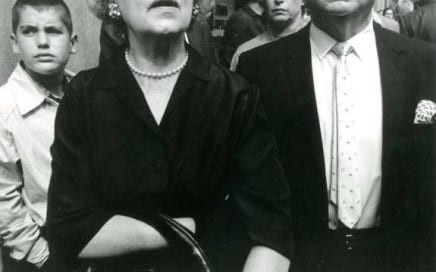
Nick Gervin Portlanders
Full Article on Patreon Gervin’s work reflects the American moment in the second decade of the second millennium through tendencies similar to those seen in a good deal of American photography during the Vietnam War era. I see some resemblances to protest coverage by Gene Anthony, a Black Star agency photographer who captured the […]










